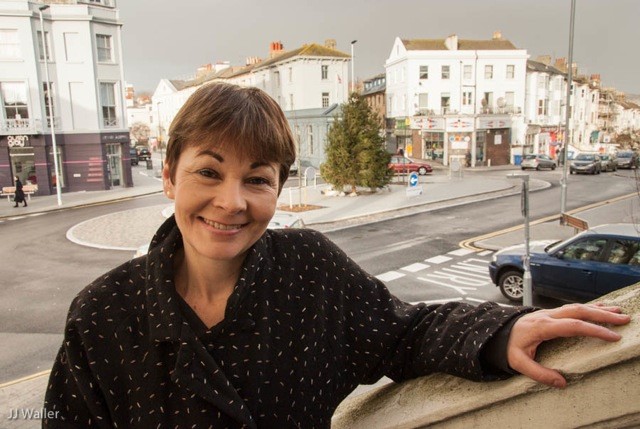When I was growing up in the 1970s, vegetarians and vegans were more likely to have given up meat out of concern for animal welfare. Now it’s striking how many are rejecting meat and dairy because of climate change (full disclosure: a long-time vegetarian, I’m trying to be vegan myself, not always 100 per cent successfully). The role of food and farming is becoming central to the debate on how we achieve net zero emissions.
Agriculture produces nine per cent of all greenhouse gas emissions in the UK. When scientists are warning of the need for “rapid, far reaching and unprecedented change” in all sectors to cut emissions and avert runaway climate change, we cannot ignore farming and livestock.
Mass consumption of meat and dairy has led to factory farming of animals on a huge scale. It’s not only a cruel method of farming, it also contaminates the soil and pollutes the air and water.
Giving up meat and dairy altogether isn’t for everyone, but we need to reduce our consumption, for the sake of the climate and our health. The Eating Better Alliance is working for a 50 per cent reduction in meat and dairy consumption in the UK by 2030, with a focus on ‘less and better’ livestock production.
But farming’s role in the climate crisis goes beyond livestock numbers. The way we use our land influences not only how much carbon and methane we put into the atmosphere, but how much carbon we can store.
Before the election, there was a virtual arms race in how many trees different parties were promising to plant. But it’s not just trees: we need more hedgerows, natural regeneration and the restoration of peatlands, which store far more carbon than UK forests – more than 30 times as much.
When we leave the EU, the current support system to UK farmers (the Common Agricultural Policy) will go. What replaces it must incentivise and enable farming and land management that maximises carbon storage and supports habitats.
That means helping farmers work with nature, not against it; restoring the health of the soil as well as peatlands and wetlands; and radically reducing the use of agrochemicals that kill off biological life.
I’ve called for a target date of 2030 for the UK to reach net zero emissions, in line with what the science demands and 20 years earlier than the government’s target. That means a rapid transition to an alternative farming model, which is sustainable, nature-friendly and restores rather than undermines biodiversity while radically reducing emissions.
Raising fewer cows, sheep, pigs and poultry but in a more humane way, without factory farming, the use of hormones or chlorination, is a future we can all get behind.













I strongly agree with your comments regarding the way farming is carried out and the changes that need to be made. We have an upland farm in Wales were the farmers are all extremely concerned about their future. All the older farmers remember their fathers clearing the land during ww2 to feed the nation and being very proud of that.
Now we are saying replant trees, restore peat bogs, stop meat production on a large scale. That is almost the opposite to what they have been paid to do over many years now.
Any intensive farming on the land be it for livestock or crops is destroying the soil.
It is an incredibley complicated subject, we are looking into re-wielding our own farm at the moment but it seems the more we learn about nature the less we actually know.
I recommend that everyone should read a book about re-wilding by Isabella Tree it’s a real inspiration but you will come away realizing just what a tall order we are asking of the farming community and they are going to need real help through this enormous change we are asking of them
Corina Walker